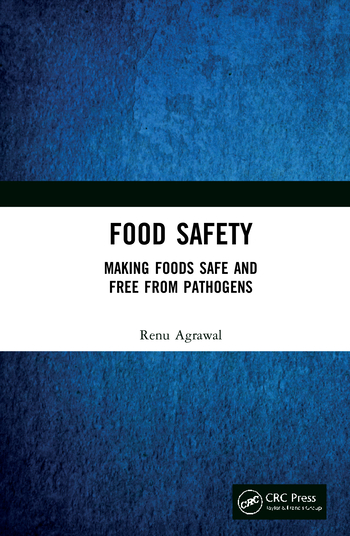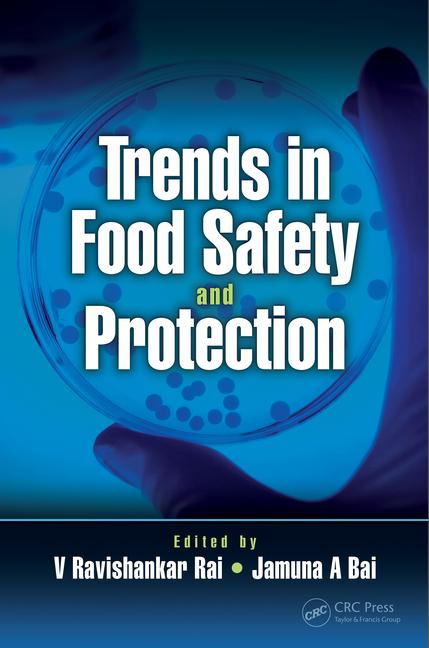Nitrate Additives in Foods Linked to Type 2 Diabetes Risk

Credit: Apolo Photographer (apolophotographer) via Unsplash
A recent study published in PLOS Medicine has linked the consumption of nitrites and nitrates to an increased risk of type 2 diabetes. Nitrites and nitrates are found naturally in foods and water, and are also used as food additives to extend shelf life.
Nitrites and nitrates in food have come under scrutiny in recent years due to possible negative health consequences, including in France, where the present study took place. Although the genotoxicity and carcinogenicity of certain nitrosamines—formed from nitrates, nitrites, and other proteins—has been demonstrated, the role that the formation of nitrosamines might play in metabolic dysfunction and type 2 diabetes onset is unknown. Previous studies have suggested that the formation of nitrosamines might have adverse effects on insulin/insulin-like growth factor signaling pathways and pancreatic β cell functions, therefore potentially playing a role in insulin resistance development and related metabolic disorders.
To explore the relationship between nitrites and nitrates in food and the risk of type 2 diabetes, researchers analyzed data that was collected by the French NutriNet-Santé cohort study, which includes medical, sociodemographic, diet, lifestyle, and health information that was self-reported by 104,168 adults in the years 2009–2021. The analysis revealed that participants who reported a higher intake of overall nitrites, and especially nitrates from food additives, had an increased risk of developing type 2 diabetes. Additionally, the study did not provide any evidence of any potential health benefits for dietary nitrites and nitrates.
Although no causal link can be established from the present observational study, the researchers call for their work to be replicated with other populations. The current findings serve as a new piece of knowledge in the context of current debates about limiting the use of nitrites as food additives.
Looking for a reprint of this article?
From high-res PDFs to custom plaques, order your copy today!








